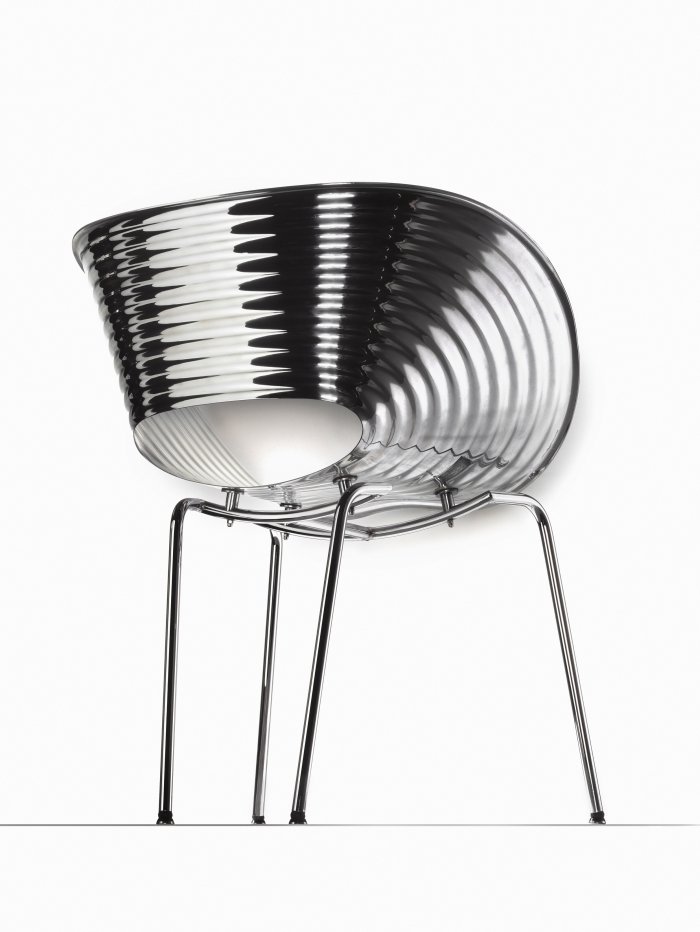It's now been twelve months since we decided to start recommending upcoming architecture and design exhibitions based on nothing more substantial and reliable than a press release or a PR agency text. A year in which we have recommended 60 exhibitions which sounded good, sounded worth visiting, sounded entertaining. Most of those that we subsequently visited were. A fact that has encouraged us to continue. And so to celebrate "5 New Design Exhibitions" first birthday, 5 New Design Exhibitions for November 2014.
"Oskar Schlemmer - Visionen einer neuen Welt" at the Staatsgalerie Stuttgart, Germany
It's probably fair to say that very few exhibitions have been quite as long in preparation as the Staatsgalerie Stuttgart's forthcoming show "Oskar Schlemmer - Visionen einer neuen Welt." The fact that the museum, and for all the exhibition's curator Dr Ina Conzen, have spent the best part of a decade working on the show dedicated to the German painter, designer,choreographer and former head of the mural, sculpture and theatre workshops at Bauhaus has nothing to do with the work ethic in Stuttgart, and all to do with conflicts amongst and with Oskar Schlemmer's family. Conflicts which meant displaying any Oskar Schlemmer works would inevitability be followed by legal action on grounds of violating rights to the works and their use. On January 1st 2014 the copyright on Oskar Schlemmer's works expired and so the Staatsgalerie Stuttgart can finally present their retrospective, untroubled by threats of legal action. Featuring some 250 paintings sketches, sculptures and photos in addition to the original costumes from Schlemmer's famous Triadic Ballet, Oskar Schlemmer - Visionen einer neuen Welt promises to be one of the most comprehensive explorations of a genuinely fascinating character ever staged. And because we've all had to wait so long, it promises to be even more enjoyable.
Oskar Schlemmer - Visionen einer neuen Welt opens at the Staatsgalerie Stuttgart, Konrad-Adenauer-Str. 30–32, 70173 Stuttgart, on Thursday November 20th and runs until Monday April 6th.
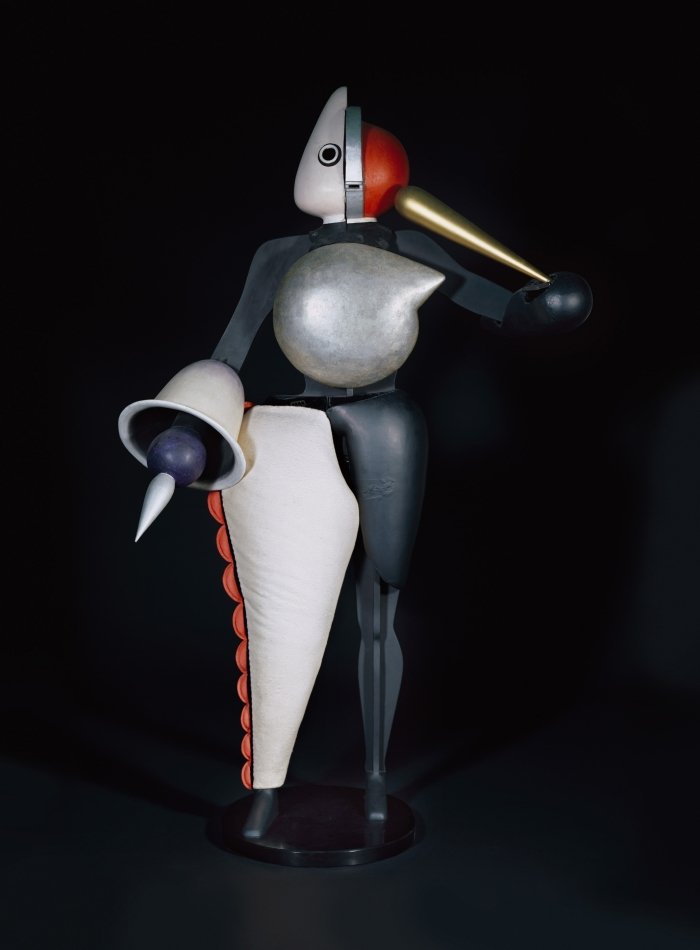
"How do we pronounce design in Portuguese" at the MUDE – Museu do Design e da Moda, Lisbon, Portugal
We always thought the answer was [pɾoʒeˈtar]; however, in their forthcoming exhibition the MUDE in Lisbon will attempt to highlight and explain the essence of Portuguese design since 1980. And so demonstrate that pronunciation is always a question of dialect. Focussing on traditional genres and materials, such as, for example textiles, ceramics, glass and, inevitability, cork, "How do we pronounce design in Portuguese" aims to present not only a complete review of contemporary Portuguese design but also examine the differences and similarities that exist between the two main centres of Portuguese design: Lisbon and Paredes. We've said before and we'll say it again, and keep repeating it, Portugal is home to a fascinating, and very amiable, design community who not only understand the tradition of the region but also how such can be applied in our contemporary world. They often just need a stronger voice. And that we all understand the numerous ways one can pronounce design in Portuguese. Did we really just write that....? We believe we did.
How do we pronounce design in Portuguese opens at the MUDE – Museu do Design e da Moda, Rua Augusta, nº 24, 1100-053 Lisbon on Thursday November 27th and runs until Monday March 30th
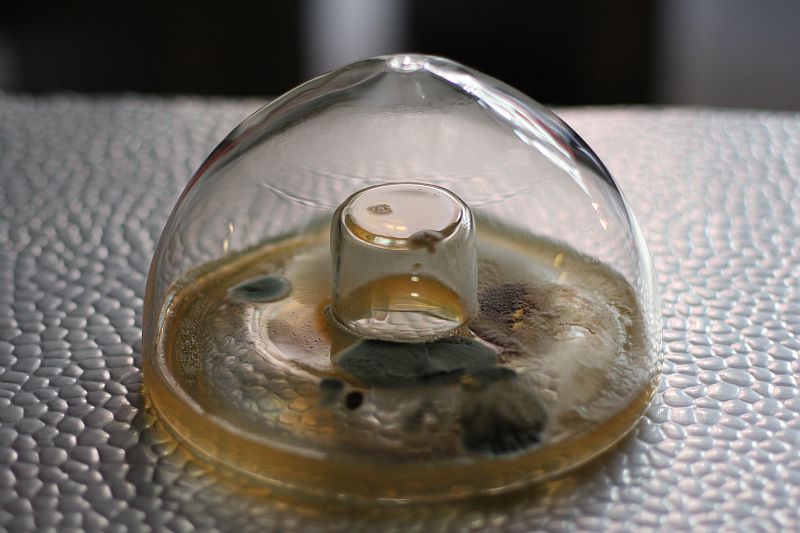
"Constructing Text. Swiss Architecture Under Discussion" at the Swiss Architecture Museum, Basel, Switzerland
The pen is famously mightier than the sword. In architecture however the photo is mightier than the pen.
Or is it?
Following on from the 2012 exhibition "Building images","Constructing Text. Swiss Architecture Under Discussion" will seek to explore the role the written and the spoken word plays in architecture; principally the role architectural criticism plays in how projects are both developed and also received and perceived by the specialist and the lay public. And so by extrapolation seek to investigate how relevant architecture criticism is. To this end the exhibition explores 15 projects from the past 40 years, including the Kaiseraugst nuclear power plant, the Europaalle area development in Zurich, and the Roche Tower Basel (Bau 1), which stand as examples of the interaction between words and architecture.
And although as the exhibition title succinctly explains the focus is Swiss architecture and Swiss architects, the conclusions reached and arguments presented will of course be globally applicable. We assume.
Constructing Text. Swiss Architecture Under Discussion opens at S AM Swiss Architecture Museum, Steinenberg 7, CH-4051 Basel on Saturday November 1st and runs until Sunday February 22nd
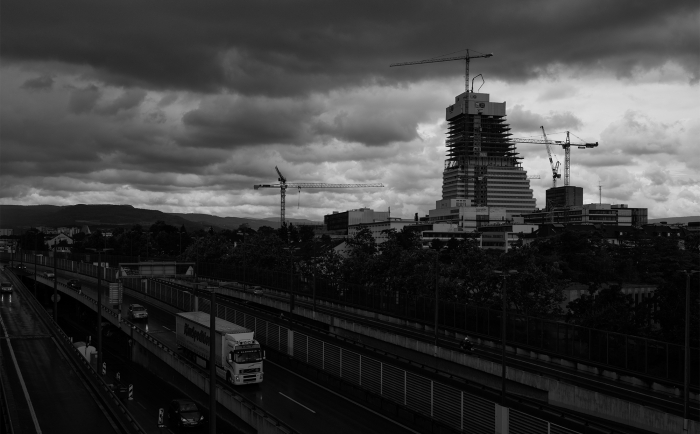
"Making Music Modern: Design for Ear and Eye" at the Museum of Modern Art MoMA, New York, USA
Not only have design and music always enjoyed a very close and mutually beneficial relationship but the parallels between the two are remarkable: a variety of genres which you are free to like or not, regardless of your position on other genres; regular development of new movements which challenge existing norms; adoption of previous styles but younger generations; a dangerous hang to kitsch; a completely uncritical acceptance by a mass of the public of a few widely known works as being the most important and genre defining "classics"; their ubiquity. We could go on. In fact just about the only perceivable difference between the two is that where as music is a strictly reactive medium that can comment on a given situation and suggest that an alternative may be required, design allows one to not only comment but pro-actively react to and create an alternative. To celebrate these fraternal bonds the New York Museum of Modern Art have plundered their own archives to curate an exhibition exploring designs contribution to music in context of, for example, instruments, marketing, auditoriums, phonographs. etc, etc. In addition to works by the likes of Hans Poelzig, Dieter Rams, Hiroshi Ohchi and, somewhat inevitably, Sir Jonathan Ive, the exhibition also promises works by Charles Rennie Mackintosh and Lilly Reich. No idea what, but certainly very intriguing.
Making Music Modern: Design for Ear and Eye opens at the Museum of Modern Art MoMA, 11 West 53 Street, New York, NY 10019 on Saturday November 15th and runs until Sunday November 15th. That's twelve months. Not a typo.
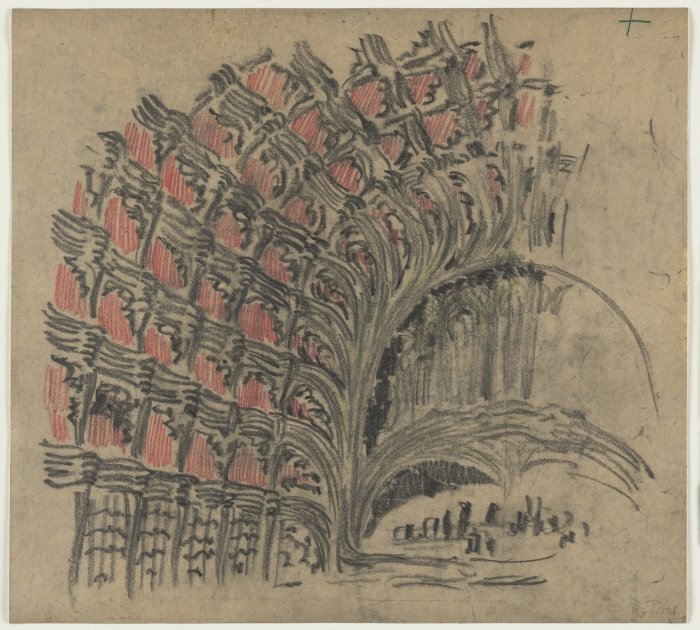
"Vanity of Object: Tom Vack - Design Photography" at Neuen Sammlung – The International Design Museum Munich, Germany.
Much as in the 1950s and 60s Aldo and Marirosa Ballo helped establish the enduring tradition of commercial furniture photograph, so to has Tom Vack helped shape and define product, and for all furniture, photography since the 1980s. Yet whereas for the likes of Aldo and Marirosa Ballo the object was the focal point of the photo and the aim of the work was to set that in the most opportunistic light, Tom Vack's focus is the photographic composition itself. The photos happen to contain a product, often one feels more by chance than intention, and indeed in many cases one has to look twice to actually see the product in question. Following his move from America to Milan in the 1980s Tom Vack quickly found himself collaborating with the likes of Michele De Lucchi and the experimental, postmodern Milan scene of the period, before beginning a ten year collaboration with Philippe Starck as his personal photographer: a collaboration which in many ways was responsible for establishing Philippe Starck's medial success. In addition Tom Vack has cooperated closely with designers such as Ron Arad, lngo Maurer and Marc Newson. The result is a portfolio ranging from shots with the sober fantasy of Romantic art over works endowed with the experimental freedom of the early computer age and onto images that look more rendered than photographed; and an enviable client list that includes manufacturers such as Magis, ClassiCon, Flos, Thonet and Nils Holger Moormann. And yes Tom Vack has photographed a Tom Vac. We're not going to claim to be the biggest fans of all Tom Vack's work: however, we do have a lot of respect for the work he has produced, the artistic and aesthetic ideas he has developed and for all the influence he has had on the genre. Presenting as it will some 200 Tom Vack photographs from the past three decades "Vanity of Object" promises to offer a wonderful opportunity to better understand and appreciate Tom Vack's oeuvre and importance.
Vanity of Object: Tom Vack - Design Photography opens at the Neuen Sammlung – The International Design Museum, Barerstrasse 40, 80333 Munich on Saturday November 8th and runs until Sunday January 25th
